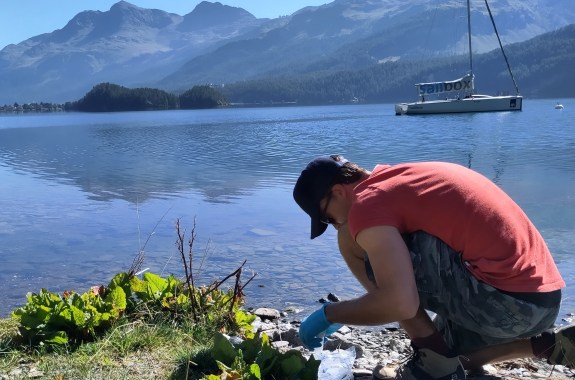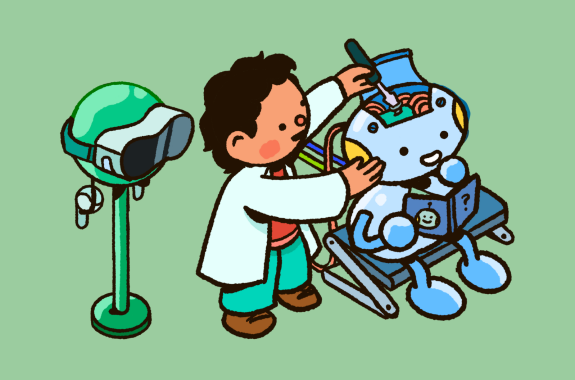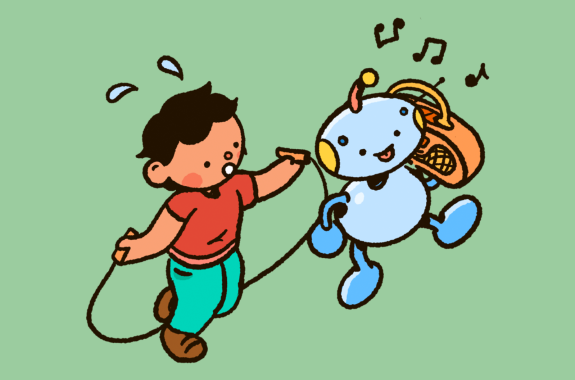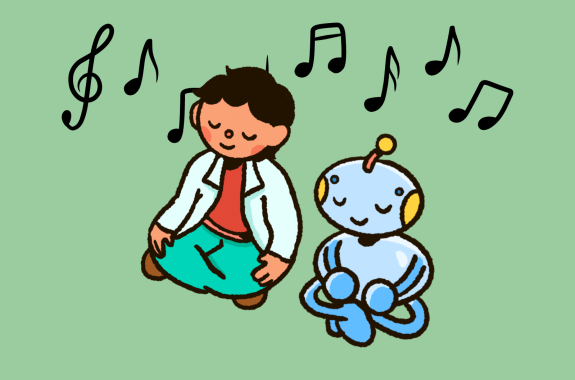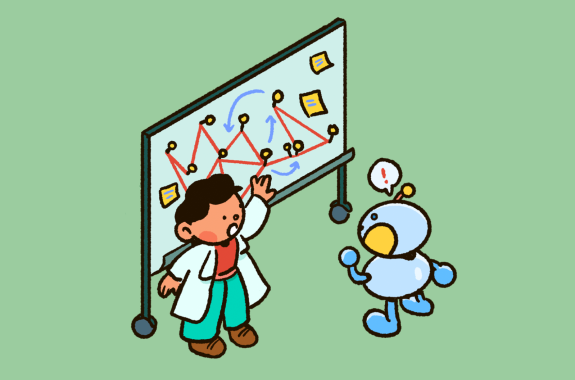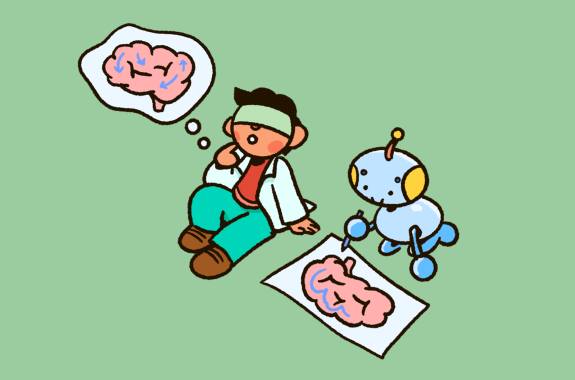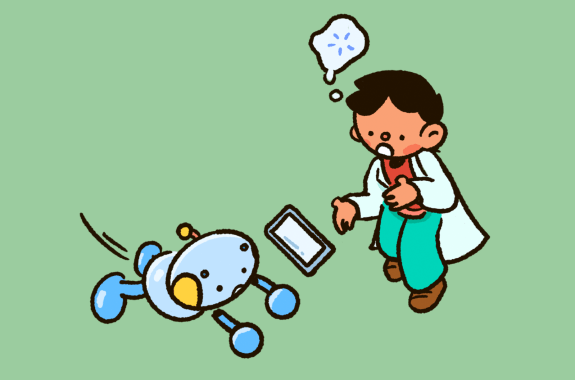Sandy Roberts is the Education Program Manager at Science Friday, where she creates learning resources, content, and experiences to advance STEM equity in all learning environments.
Sandy earned her degree in chemical biology from Stevens Institute of Technology with a minor in literature and certificates in chemical engineering and computer science. After working in both pharmaceutical research and publishing, she transitioned her career to education when she started a family.
Since then, Sandy has taught formally as a middle school STEM teacher with certifications in science and math and informally at local libraries, homeschool co-ops, museums, and camps. She’s also offered professional development to educators through various venues, including Rutgers University, where she earned a graduate certificate in Maker Education. Sandy completed her M.A. in Community Based Education and Leadership with a focus on STEM education at Stevenson University.
Sandy has participated in and presented at Maker Faires along the East Coast since 2012 where she has won numerous awards for her educational activities. Channeling the Maker Movement into education, she has overseen the development of three makerspaces, written The Big Book of Maker Camp Projects (McGraw-Hill 2019), and served as Maker Camp Coordinator and Community Manager for Make: Magazine. Sandy currently sits on the Executive Board for New Jersey Makers Day.
Sandy has spoken at events such as the Make: Education Forum, the National Science Teachers Association National Conference, the AFT Share My Lesson Virtual Conference, the New Jersey Educational Technology Conference, the Canadian Association of Science Centres Annual Conference, and the STEMM Opportunity Alliance White House Summit on STEMM Equity and Excellence. In 2024, Sandy’s work at Science Friday was recognized as a Falling Walls Science Engagement Winner and presented at the Falling Walls Summit in Berlin.
When not teaching or writing, Sandy can be found tinkering in her home office, exploring the outdoors, or spending time with her family—sometimes all three at once. Lately she’s been playing with origami circuits, relearning micro-python, and trying to perfect a gluten-free sourdough recipe.
Down To Earth: Space Science For Community Change
Use innovation from the International Space Station to solve real-world environmental challenges in your community.
Plan An Ink-Credible STEAM Adventure
Celebrate cephalopods anytime with fun party tips, mind-blowing videos, book suggestions for all ages, and exciting STEAM activities.
8:27
Citizen Scientists Will Capture DNA From 800 Lakes In One Day
The project aims to find species that have gone unnoticed by sampling the waters of hundreds of lakes worldwide for environmental DNA.
Hackea tu cerebro: una aventura de escape y rompecabezas para niños
Desbloquea el poder del cerebro de un niño con este recurso gratis en línea de una aventura de escape, rompecabezas, y experimentos.
A Robot’s Story: Teaching Clipbot About The Human Brain
Embark on a journey with a young scientist and their curious robot as they explore the brain through exciting challenges and puzzles.
Discover How Your Brain Builds Muscle Memory
Investigate the brain’s ability to coordinate movement, develop motor skills, and create muscle memories.
Train Your Brain To Manage Stress
Discover brain-based approaches to develop resilience, manage stress, and cultivate a positive mindset.
Boost Memory And Learning With The Science Of Sleep
Discover how getting enough quality sleep is essential for transforming new knowledge into lasting memories.
Think Like A Squirrel: Nature’s Spatial Memory Expert
Discover how observing animals’ remarkable memory abilities can teach you about spatial memory and the brain’s incredible adaptability.
Hack Your Brain To Increase Focus And Attention
Explore mindfulness techniques that will sharpen your focus, improve your attention span, and enhance your ability to concentrate.


